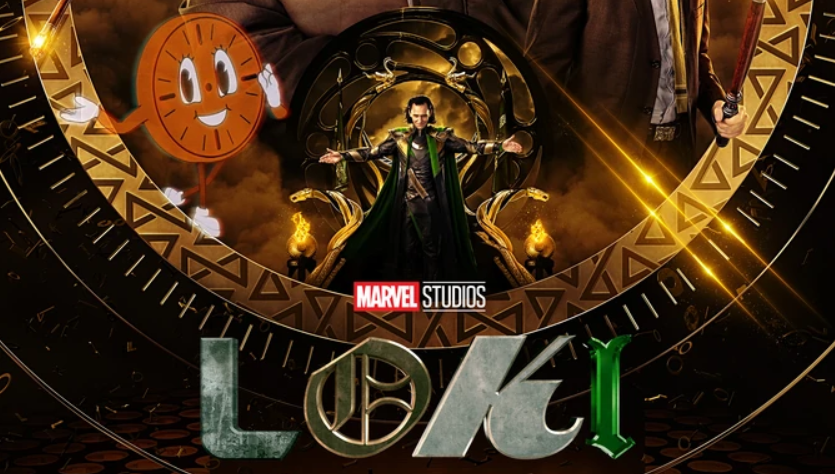Across the MCU from movie to movie, crossover to crossover, there hasn’t been a character nearly as idolized or adored as Loki Odinson. From his first appearance in Thor in 2011, his presence has affected the Marvel universe in ways still being uncovered. He might’ve been killed multiple times in canon, but Loki isn’t going away anytime soon.
For me, the best part about Loki has always been his complicated relationship with Thor. They’re brothers, but they’re rarely on the same side. However, the more you watch, the more you see them acknowledging how much they genuinely care for one another – and how far they’ll go to protect the other.
But one of the largest factors in the popularity of the god of mischief is obvious. Tom Hiddleston has brought Loki to life beautifully, creating a deep and complex character who’s won the hearts of movie-goers for over twelve years. It’s about time he got his own show – but does it live up to the prominence of its namesake?
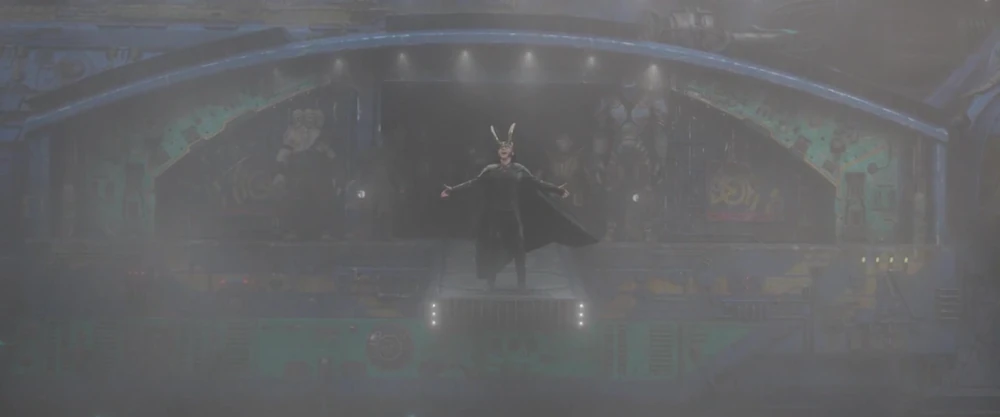
Without a doubt, Ragnarok Loki was the best version of Loki we’ve ever seen. In that movie, he’s the culmination of all his years of betrayal and heartbreak and growth. Working alongside his brother, he makes his stand to save Asgard from the forces of Ragnarok. For the first time, he takes the hero’s path.
Ragnarok causes Loki’s death at the hands (or fist, rather) of Thanos at the beginning of Infinity War to hit all the harder. At the end of his journey, so close to safety, he’s denied his happy ending.
“The sun will shine on us again,” he’d promised Thor. In Loki’s return to the small screen, there was the possibility of finally seeing the unfurling of that line. However, it’s quickly made clear that this Loki is not precisely who we’ve come to know and love.
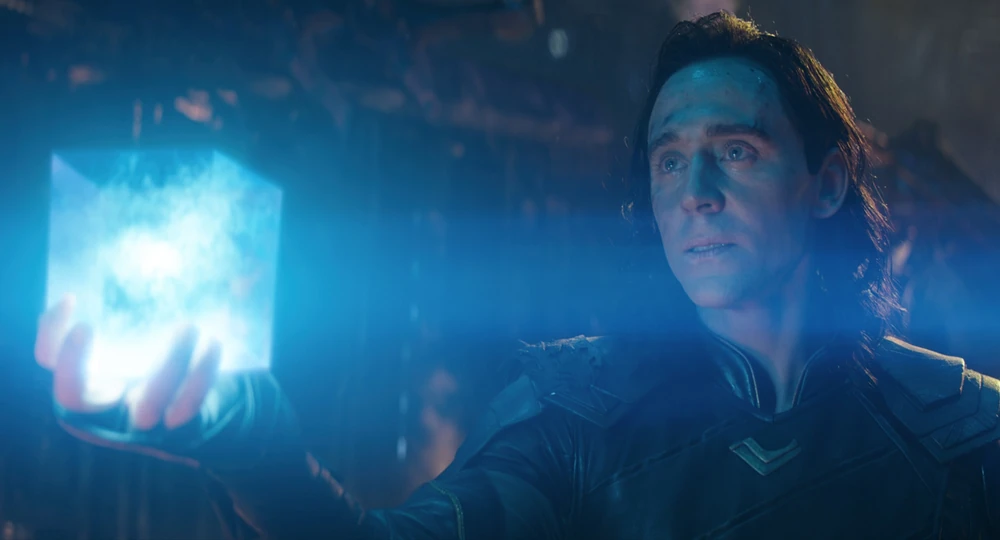
The Loki we see in this show isn’t the same one who died in Ragnarok. He’s the Avengers incarnation, fresh off of his kill streak in New York City. (Yeah, I know I know, he was mind-controlled by Thanos. I just like upsetting all the Loki die-hards, ignoring the fact that I am one myself.) This version of Loki hasn’t faced his mother’s death, hasn’t heard his father tell Loki he loves him, hasn’t fought by his brother’s side in Asgard’s defense. Essentially, this show has given us Loki at the beginning of his character arc.
But Loki isn’t alone this time around. One of the best parts of the show is Mobius, portrayed by Owen Wilson. From the get-go, Mobius is on Loki’s side. He stands by Loki even when Loki refuses to admit that he needs someone. It’s a fantastic dynamic.
Mobius believes in Loki, more than Loki believes in himself as of yet. Their developing relationship is the strongest aspect of season 1. And they have one of the best tropes in the season’s beginning and its end!
Episode 1, Mobius holds out his hand to Loki. Loki refuses to shake hands. Episode 6, Mobius holds out his hand to Loki. Loki embraces him instead.
Ah, my heart.
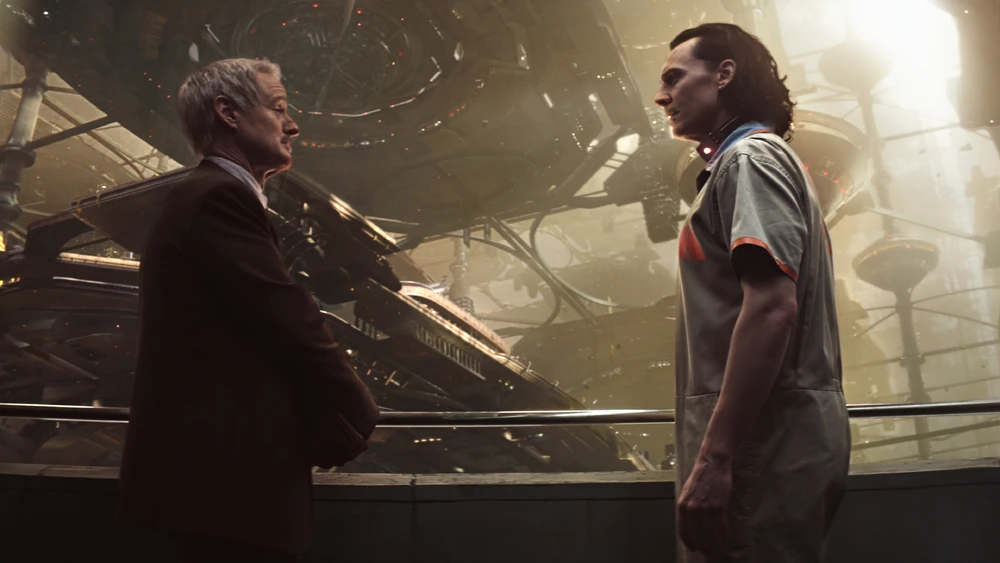
Mobius isn’t the only notable character. Ravonna Renslayer, the judge of the TVA, is determined to follow the rules to the end, and her friendship with Mobius gives her a lovely touch of humanity. Hunter B-15, thrown into doubt about her world, is searching for both answers and solutions. And, of course, Sylvie provides some interest.
Since Loki’s nickname as a god is “Silvertongue,” Sylvie’s name is clever. And a female Loki variant holds automatic intrigue – I just wish we had more. Did she have a sister named Thor? Was she told of her adoption before she was taken away? What exactly was it that made this Loki’s childhood different from the Loki we know and love?
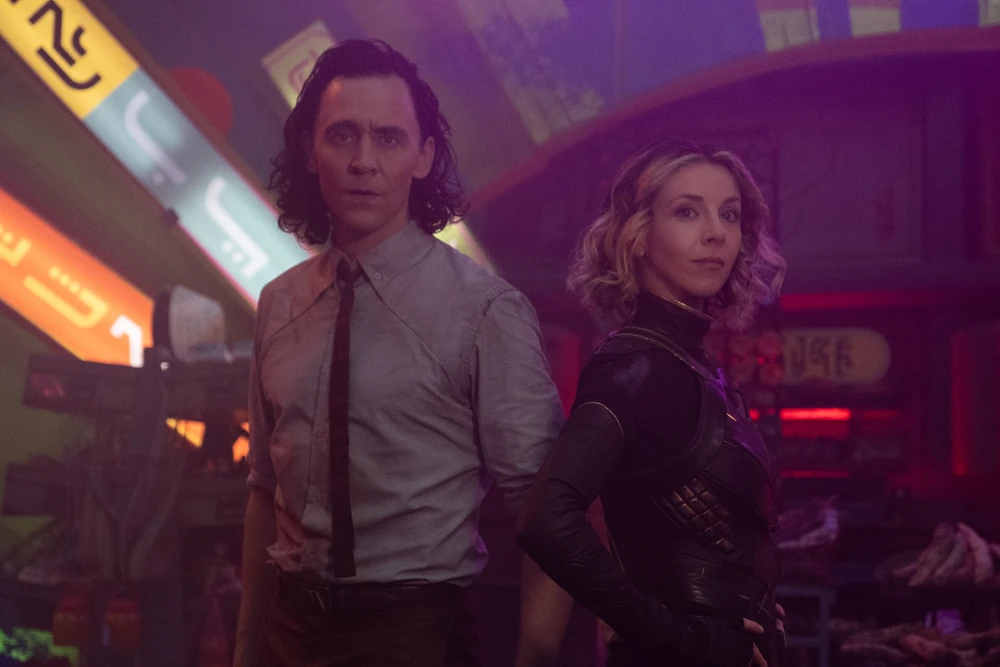
Such fun theories were floating around after Sylvie’s appearance at the end of season 2. They ranged from the possibility that Sylvie wasn’t a Loki variant at all to the idea that she was actually the goddess Amora. Sylvie tells Loki “Don’t call me a Loki” when they first interact, and he later asks her “Are you sure you’re a Loki?” Disappointingly, none of these theories are given any legs. At least Sylvie was placed in an interesting position in this show’s finale.
But let’s get back to Loki, the star of the show. He has many standout moments across season 1. In episode 2, he speaks perfect Latin to the citizens of Pompeii. In episode 3, a conversation with Sylvie confirms that they’re both bisexual. And the first episode… oh, that was a scene that set the mood excellently for the rest of the season.
In his attempts to evade Mobius, Loki comes across a recording of his entire life. He plays it, from beginning to end, and is able to see what would’ve become of him had he not escaped Stark Tower. Watching his mother and father both die, Loki does something we’ve never seen from him before. He cries.
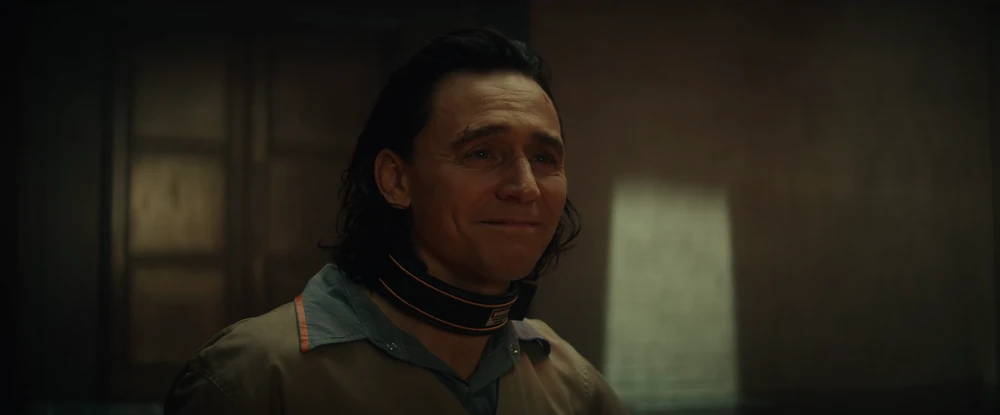
Loki gets to see himself saving Asgard and reuniting with his brother, but the memories don’t stop there. They extend onward, forcing Loki to bear witness to his own death.
Also! Loki’s memories show his neck being broken by Thanos, but they don’t end there. Instead, the scene continues onward, not displaying the end of Loki’s life until the Asgardian ship explodes.
Loki didn’t die when we thought Thanos killed him. He was still alive – he felt Thor hug him! He wasn’t dead until the ship exploded –
I can’t do this. Ugh, my heart. This information messed me up all day when I first heard it!
Anyhow. Moving on.
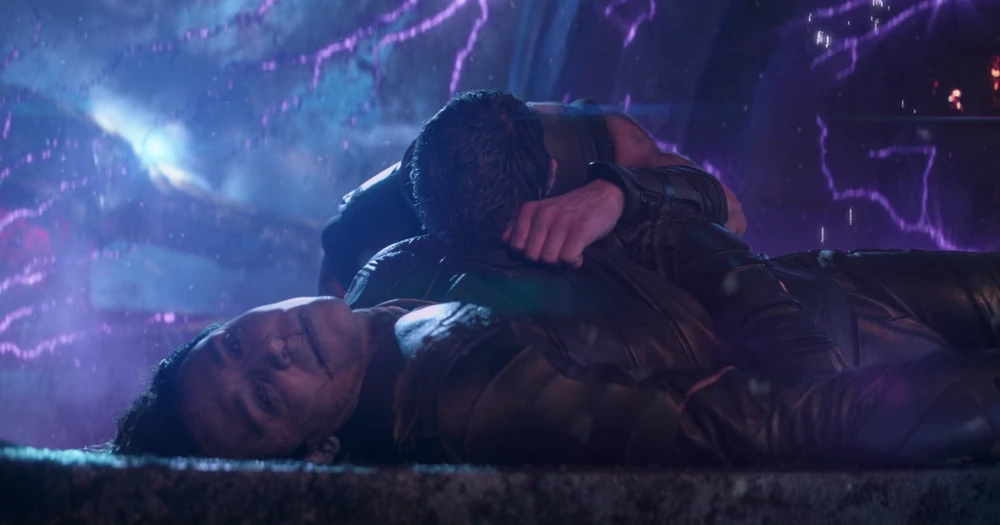
That unnecessary shirtless scene in the first episode just made it clear that the showwriters don’t understand the true appeal of Loki. His charm and attractiveness go beyond his physical appearance – there’s a reason he’s been the most chased-after Marvel character since 2011.
Out of all six episodes, however, the fifth was one of the best. Getting to see so many variations of Loki from various timelines was great fun – especially the appearance of a version that fans have been waiting for for ages. And no, I’m not talking about Croki – sorry, “Alligator Loki.”
In this episode, we are introduced to “Classic Loki” – aka, Ragnarok Loki. This is a variant who achieved what fans had long been dreaming of – he escaped Thanos and survived. But, very true to form, this Loki missed his brother.
Classic Loki’s sacrifice for Loki and Sylvie was marvelously done, and his last words – “Glorious purpose!” – make one wonder what that means for our Loki, since he’s been chasing his “glorious purpose” from the beginning. Will his endgame be just as tragic?
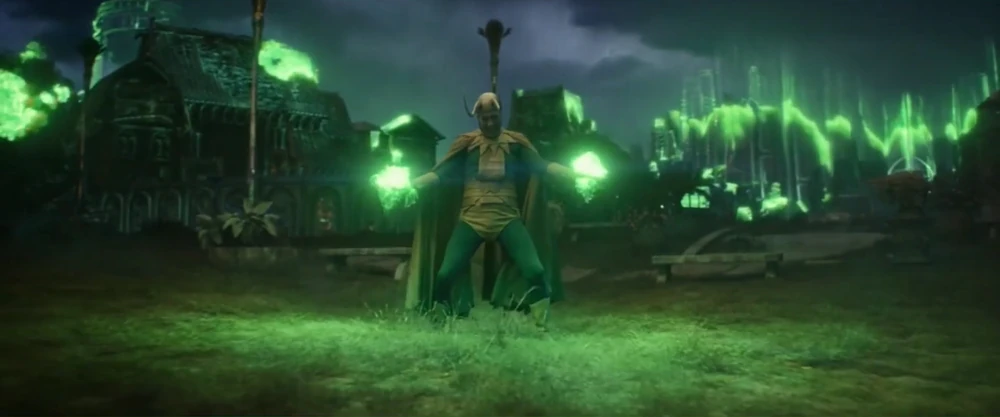
Skipping ahead a bit, we come to Kang the Conqueror. Or, as he is called in this show, He Who Remains. His cavalier and jocular attitude makes for a jarring comparison with his terrifying power, and he catalyzes one final battle between Loki and Sylvie. The two of them must finally face how different they truly are.
However, I cringed so hard at that kiss. If the MCU wants to finally give Loki a significant other, this isn’t how to go about it. It’s difficult to understand why Loki is suddenly so emotionally invested in Sylvie, and it’s out of character for this Loki – Avengers Loki, remember – to develop such a selfless relationship with anyone else.
At least that kiss didn’t seem to be coming from a real place, so that’s something to hold onto as we approach season 2! It truly does seem as if Loki hasn’t had a deep connection with anyone in this timeline (aside from Mobius), and so he’s confusing his feelings for Sylvie for romantic ones. But we’ll see how this messy plotline plays out next season.
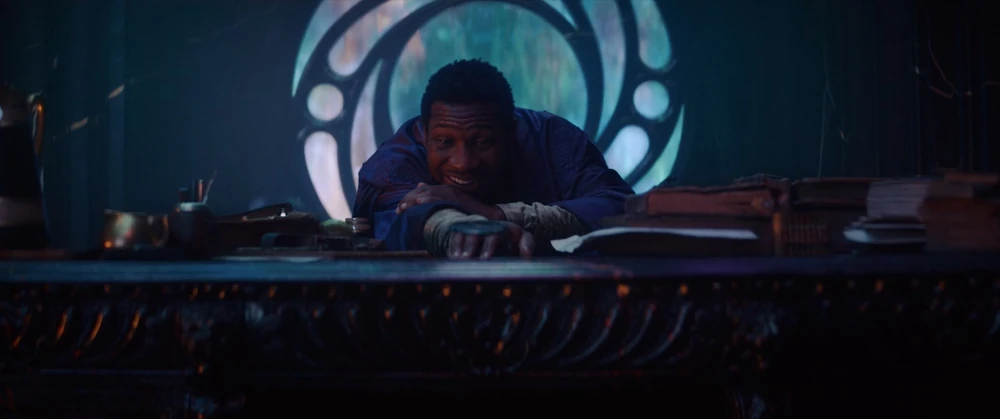
And now we’ve reached the end of season 1. Loki has not only failed to stop Sylvie from enacting multiverse-wide chaos, but he’s also been thrust into an unfamiliar reality. He’ll have to start from the bottom and try to save the multiverse – again. He’s back to where he began, and he’s learned one important lesson: never trust a Loki.
It’ll be exciting to see where season 2 takes our favorite Norse god. Season 1 might’ve given us a very uncharacteristic Loki, but there’s every chance that he’ll continue to show growth. There’s no shortage of upcoming threats for him to face – here’s hoping that he’ll finally become the hero we’ve always known he could be.
